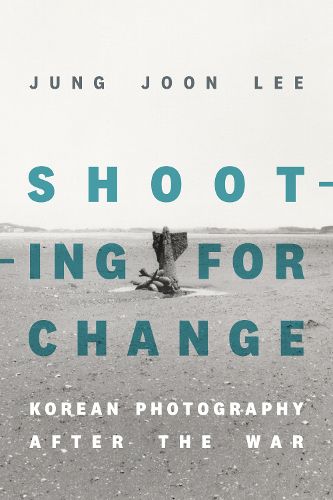Readings Newsletter
Become a Readings Member to make your shopping experience even easier.
Sign in or sign up for free!
You’re not far away from qualifying for FREE standard shipping within Australia
You’ve qualified for FREE standard shipping within Australia
The cart is loading…






In Shooting for Change, Jung Joon Lee examines postwar Korean photography across multiple genres and practices, including vernacular, art, documentary, and archival photography. Tracing the history of Korean photography while considering what is disguised or lost by framing the history of photography through nationhood, Lee considers the role of photography in shaping memory of historical events, representing the ideal national family, and motivating social movements. Further, through an investigation of what it means to practice photography under the normalized conditions of militarism, Lee treats the transnational militarism of Korea as a lens through which to probe the officially and culturally sanctioned readings of images when returning to them at different times. Among other themes, Lee draws on photography of militarized sex work, political protest in the military era, war orphans, and mass protests. Ultimately, Lee treats the formative periods in nation building and transnational militarization as both backdrops and cultivators for photographic works.
$9.00 standard shipping within Australia
FREE standard shipping within Australia for orders over $100.00
Express & International shipping calculated at checkout
In Shooting for Change, Jung Joon Lee examines postwar Korean photography across multiple genres and practices, including vernacular, art, documentary, and archival photography. Tracing the history of Korean photography while considering what is disguised or lost by framing the history of photography through nationhood, Lee considers the role of photography in shaping memory of historical events, representing the ideal national family, and motivating social movements. Further, through an investigation of what it means to practice photography under the normalized conditions of militarism, Lee treats the transnational militarism of Korea as a lens through which to probe the officially and culturally sanctioned readings of images when returning to them at different times. Among other themes, Lee draws on photography of militarized sex work, political protest in the military era, war orphans, and mass protests. Ultimately, Lee treats the formative periods in nation building and transnational militarization as both backdrops and cultivators for photographic works.